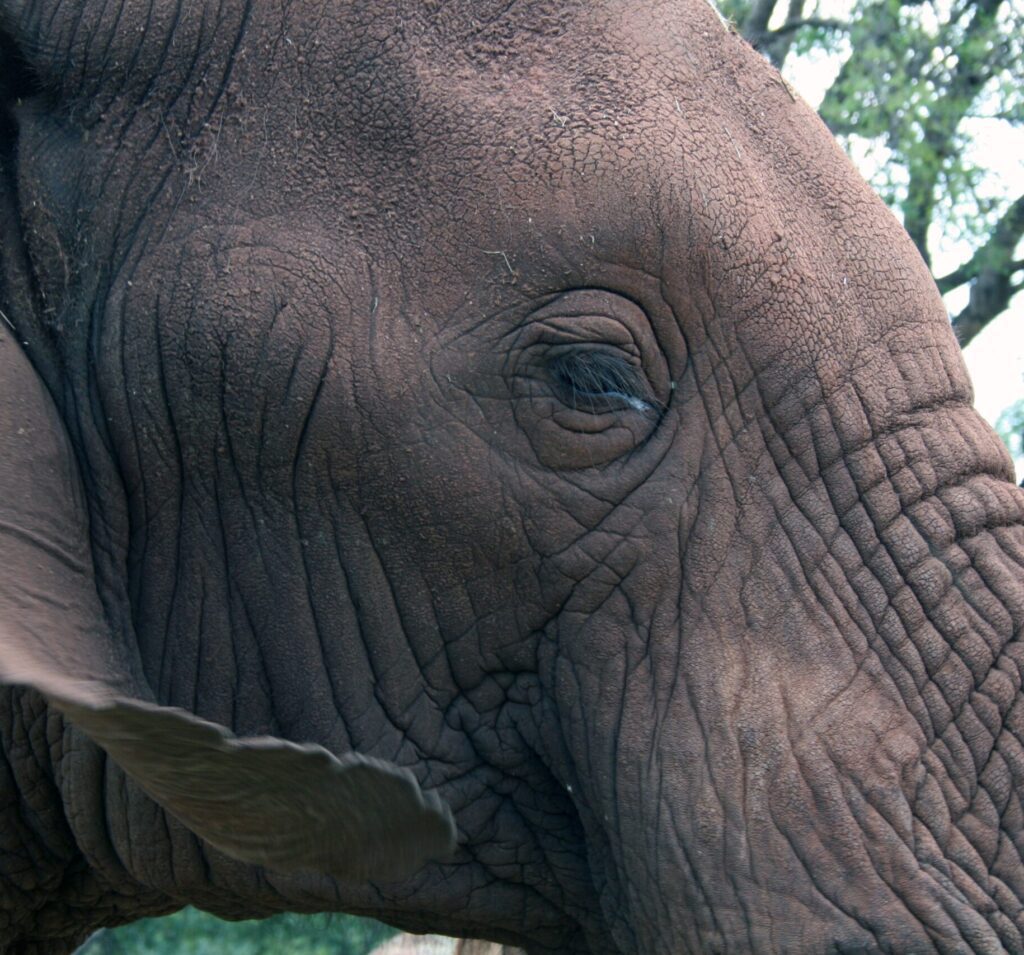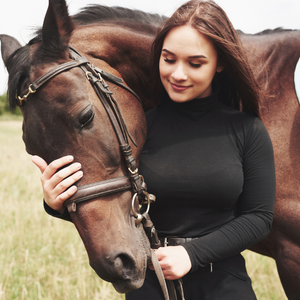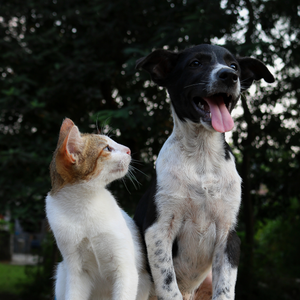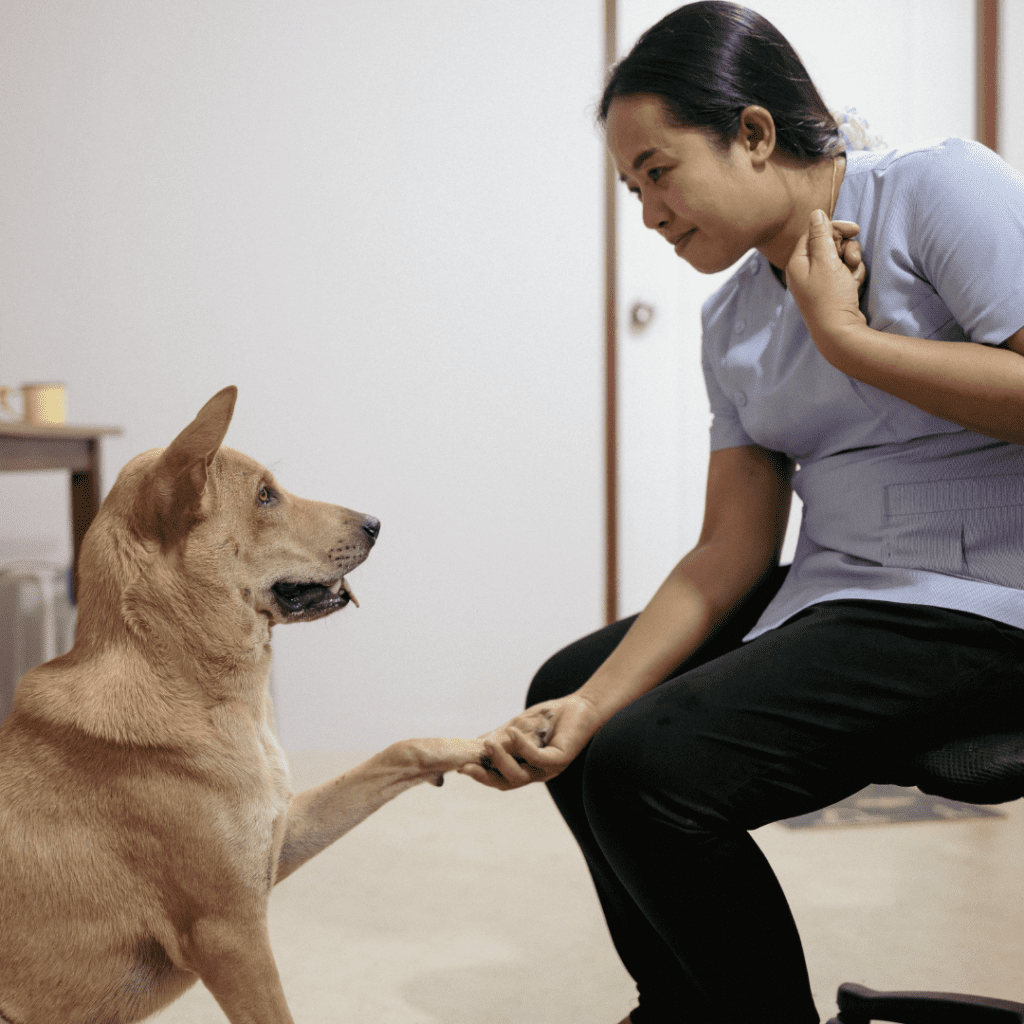Recall a time when you lost a pet or loved one. Do all the emotions come flooding back to you? We’ve known that people go through a range of emotional and physical feelings of grief after a loss whether this loss was of a human family member or a beloved pet. Did you know that it was long believed that humans were the only ones that mourned the loss of a loved one? Many animal lovers have reported seeing the symptoms of mourning in their family pets, but it was often questioned if humans were projecting our feelings onto them or if animals truly experience a mourning period after a loss.
Believe it or not, there is human mourning and there is also animal mourning. Mourning the loss of a loved one can be a complex and very individually unique process. Each person, or animal, will go through this process in their own way. Some may display their feelings openly and others will keep the feelings held quietly inside. Therefore, it can be quite difficult to tell when an individual or animal is in a state of mourning.
What Mourning Looks Like
Current research is now confirming that many animal species do recognize the death of a family member or companion and exhibit signs of mourning their loss. These species include dogs, horses, elephants, giraffes, monkeys, and dolphins.
Elephants, in particular, have been recognized to have similar mourning behavior to humans. They cry real tears and cry out in distress at the loss of a family member. They pay homage to their deceased friend, standing vigil over the body, touching it tenderly, protecting it from harm and even burying the remains. The empathy that elephants have for loved ones even brings them to visit the skeletal remains of herd members years after their death.
Horses also have been known to gather around the body of a family member to hold vigil and show signs of sadness for a deceased herd member.
Behavioral Changes in Animals After Loss
For both humans and animals, grief is the result of feeling love and happiness from connection with another creature and then losing that beloved one. Companion animals feel this loss for both their human family and also for the other animals they love.
The ASPCA says that over 60% of pets experience four or more behavioral changes after losing a companion. These symptoms might include:
- Unusual vocalization
- Loss of appetite
- Withdrawal from household activities
- Lower energy levels
- Heightened anxiety or restlessness
- Searching for the lost loved one
- Sleeping more
- Unusual aggressive or destructive behavior
- Inappropriate elimination in the home
- Separation anxiety
Animals may experience many of these symptoms or none of them. Each individual displays their grief in their own way based on their feelings and relationship with the deceased. A dog may even go through the mourning process for a companion that has not died but simply moved away.
There seems to be some controversy about the level to which animals can understand the process and permanence of death. Some scientists believe that dogs experience grief and loss in a way similar to a 5-year-old child mourning the loss of a companion but not understanding that it is permanent.
When humans are separated from their loved ones they experience the sadness and depression associated with loss whether the loved one has died or simply moved far away. It may be a similar process for animals. They may believe themselves to be alone, their friend is gone and therefore they grieve. The process of mourning and the associated feelings seem to be the same in any case.
My Experience With Loss
In my personal experience, my feelings of sadness and the loss of a beloved pet are very much about being left without them. My physical senses long to touch them and feel their soft coat, to interact and play with them, to feel them sleeping at my feet, and therefore experience the happiness and joy that this companionship brings into my daily life. My personal belief system tells me that the Spirit of my pet survives the loss of the physical body and goes on to “live” in another form. Knowing this brings me joy about their continued existence and yet my grief is very real as I remain here without them.
In my professional experience as an animal communicator, I have had numerous experiences that reinforce my belief that consciousness survives the death of the physical body. On many occasions, a family pet will acknowledge the death and loss of another family pet but reassure us that “he comes back to visit often”. These family pets seem to regret and mourn the separation from their friend yet feel comforted that they are still here in a different form. These animals seem to have a sense of death that is different from our human sense. We tend to feel that death is a final end, a permanent loss of all we knew of our loved ones. The animals have shared that it is more like saying “Bon voyage, I will see you again one day.”
I joyfully look forward to the days that I will be visited again by the Spirit forms of all my beloved and departed pets. This thought helps to ease the pain of my loss and grief.
Helping Your Pet Through the Mourning Process
You can help your family pet to move through their feelings of mourning by gently encouraging them into interaction and play or offering their favorite treats. Guiding them back into connection with others may relieve or distract them from their sadness. Be gentle, never forcing them, but offering opportunities to reconnect when they feel ready to return to their ordinary routines. Time and connection with others are the only true cures for mourning.




